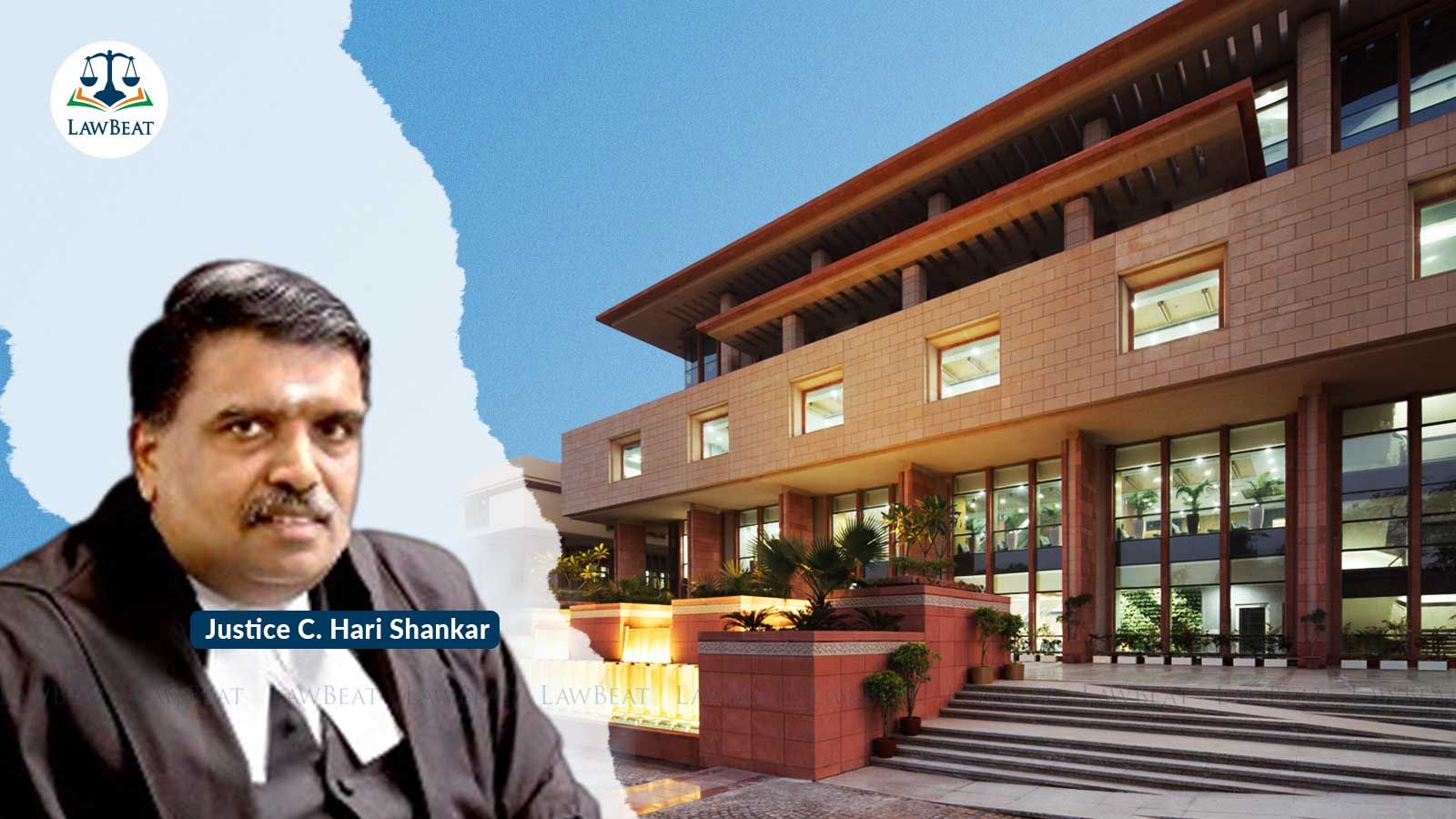RTE Ensures Free and Compulsory Education, Not Admission to Specific School: Delhi HC

Court held that no child could claim direct admission to a specific class in a particular school year as an Economically Weaker Section (EWS) student without undergoing the rigorous process of application and selection
The Delhi High Court has recently held that the entitlement provided by the Constitution and the Right of Children to Free and Compulsory Education Act is for free and compulsory education, not for admission to a specific school.
The bench of Justice C Hari Shankar opined, "The right available under Article 21A of the Constitution or under Section 12 of the RTE Act is only to free and compulsory education till the age of fourteen, not for being provided such education in a particular school".
The court emphasized that for a child to seek admission to a particular class in a specific school year as an EWS student, they must apply to the Department of Education (DoE) and be selected through a computerized draw of lots.
In the case brought forward by one Jiya through her mother, she sought admission to Class II for the academic session 2023-24, citing the Right of Children to Free and Compulsory Education Act, 2009 (RTE). Despite Jiya's mother applying for admission to Class I for the academic session 2022-23, and Jiya being shortlisted for Maharaja Agrasen Model School, she faced refusal for admission despite repeated attempts.
Advocate Khagesh B. Jha representing Jiya argued that her allotment through computerized draw of lots by the Department of Education (DoE) granted her an irrevocable right to admission, citing constitutional obligations. He also referenced relevant notifications and circulars supporting their case.
Court highlighted, "The right guaranteed to every child under Article 21A of the Constitution or under the RTE Act is only for free and compulsory education till the age of fourteen. The State is only obligated to ensure that every child receive such education free of charge. The child, therefore, has a right only to receive such education. Article 21A does not, however, confer, on any child, a constitutional right to be educated in a particular school of her choice. That right would arise only if the child applies to the DoE as an EWS student for admission in the entry-level class for that year and is shortlisted therefore, in the computerized draw of lots conducted by the DoE".
Court further observed that a child who, for any reason, fails to obtain admission to a school as an Economically Weaker Section (EWS) candidate despite being shortlisted by the Department of Education (DoE), and who lets the academic year conclude without taking any legal action in this regard, cannot assert that based on the aforementioned shortlisting, they possess a legally enforceable right to admission in that school for the subsequent academic year to advance to the next higher class.
"No child, without her application suffering the rigour of this exercise, can directly claim a right to be admitted to a particular class in a particular school in a particular year as an EWS student”, the bench added.
Court opined that since Jiya had not applied to the DoE for admission as an EWS student for Class II for the academic year 2023-2024, and without subsequent selection through a lottery draw, she lacked a legally enforceable right to seek admission to any specific school.
It also clarified that the directives and notifications cited did not support Jiya's case, and the April 13, 2023 directive from the DoE for immediate enrollment was deemed unenforceable.
However, the court noted the commitment of the Department of Education (DoE) to facilitate Jiya's admission as an EWS student to Class II at another school within four weeks from the date of the order.
Case Title: Jiya Through Ms. Sushma v Maharaja Agrasen Model School (2024:DHC:2312)
